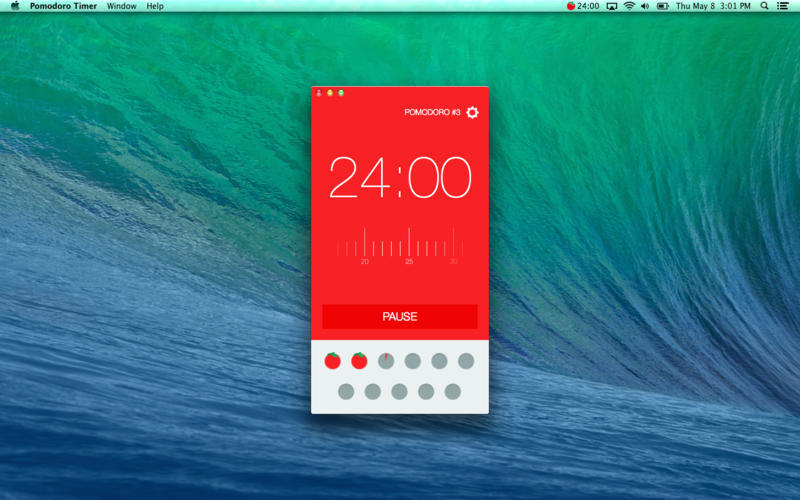I have always considered myself a lifelong student, but have always struggled with optimising my learning to achieve the best results.
I recently realised that learning how to learn is a skill that must be mastered to become an avid and competent student of whatever you are interested in.
I have a strong passion for software development, and this has driven me to keep learning and growing because the nature of the industry demands it.
I don’t have a desire for structure in my work, so being able to build things without the restriction of geography and space is something that attracted me to software development. So how come I feel a strong sense of imposter syndrome when I refer to myself as a software developer.
As a young high school student, the aim was always to pass exams and move on to the next class. As soon as the exam was over, you would forget the entire body of information that you had crammed. That, unfortunately, continues into our adult working life and dramatically affects our learning and growth as employees and employers.
For the longest time, I did much reading and researching but rarely applied what I had studied in the real world because of the fear of failure. The feeling that I was not good enough to apply and hoping one more book or video tutorial would get me to the holy grail of the real application development. That day never came!
I live in a country where there is no social safety net, so one has to study and also work at the same time. The luxury for setting time aside to study is non-existent, especially when you have responsibilities. Therefore the skill to learn optimally is very crucial for social survival and mobility.
Learning how to learn was a skill that I was determined to learn, and below I discuss the lessons I gained in doing so.
Lessons learned from learning how to learn by Barbara Oakley
In this article I will try to articulate what I have come to appreciate going through a course on coursera, learning how to learn by Barbrah Oakley, a fantastic resource that I recommend for everyone.
As a self-taught learner for most things that I know and use in my everyday life, I have always been a distributed individual learner. This means I have always been in charge of my learning(or so I thought), deciding what when and how to study.
My choice of delivery mechanism being the internet, it affords me the luxury to study at my own pace and also offers me a variety of choices of what to study. All this sounds good, but it also has potential pitfalls that you need to be aware of. Having that unstructured learning does not always mean you are guaranteed effective learning, but you can try to do it differently if you are deliberate.
Procrastination and the illusion of competency
Procrastination, the illusion of competency, dropping off halfway through the course(lucky if you reach half) are some but not all of the challenges that you have to deal with. Barbara Oakley in her course tries to make you aware of ways to overcome all that, but you have to put them into practice deliberately.
I have always been passionate about technology and fascinated by how things work, especially on the internet, but for a long time, I couldn’t get myself to learn and master the skills that I needed deeply. This was mostly because I was learning the wrong way.
I still have a hip of books piled up in my room, half of which I have never opened. Somehow I always thought, if I could only read one more book or watch one more MOOC(Massive Open Online Course)then I would be ready.
I would sit for long periods of back-breaking time pouring through the material, and I would only go back home satisfied that I finished four chapters but retaining very little knowledge.
In learning how to learn, Barbara talks about learning in short bursts of time but consistently as being a more effective way to learn. Sitting down for 4 hours without moving is not only bad for your back and posture but also very unproductive for your learning.
Focused and Diffuse modes and challenging yourself
Being in a focused mode of learning and then transitioning into a diffuse mode by either taking a nap or doing some exercise helps your brain make the necessary neural connections that build long-lasting chunks of knowledge into your long time memory.
Do not delay testing your knowledge, hoping that reading one more book or watching one more video on the subject matter will get you ready. You have to be comfortable being uncomfortable by testing your knowledge by doing challenges that will force you to remember what you studied.

You also have to make sure that you are always increasing the complexity of the challenges by trying different problems, to further flex your long-term memory muscle. This is referred to as interleaving. It might seem uncomfortable in the beginning but definitely a good practice to have.
Continually challenging yourself helps eliminate the illusion of competency that might creep in after you have gone through a couple of challenges. Nothing can take away the power of deliberate practice in learning.
Virtual of the less brilliant == Perseverance by Santiago Ramón y Cajal a Spanish neuroscientist and pathologist- Nobel prize winner
It is also important to keep an open mind as a learner; otherwise, you might fall into the Einstellung(a person’s predisposition to solve a given problem in a specific manner even though better or more appropriate methods of solving the problem exist.) mindset.
As adults we develop our perceptions and ways of doing or solving problems, but, this can impede our learning if we don’t keep an open mind. Though our long-term memory serves us well most of the time, sometimes it can get in the way and prevent learning. Our brains should always be open to reconditioning and continually challenging what we already know.
Procrastination is probably the 800-pound gorilla in the room for most learners. It is the action of delaying or postponing something that you are very well aware of needs to be done. If there is one lesson you should pick from this, it is how to deal with procrastination.
Pomodoro technique
In learning how to learn, Barbara talks about using the Pomodoro(technique uses a timer to break down work into intervals, traditionally 25 minutes in length, separated by short breaks) technique.
These intervals are named pomodoros, the plural in English of the Italian word Pomodoro (tomato), after the tomato-shaped kitchen timer that Cirillo used as a university student.

Being excited about a subject you are genuinely passionate about is terrific, but that does not stop procrastination from creeping in, and that’s perfectly normal. Applying the Pomodoro technique helps you get going, using brief periods each day of focused attention, that will help you start building the neural patterns you need to be more successful in learning more challenging materials.
Focus on process not product
As I write this article, I’m tempted to focus on the finished piece rather than concentrating on the process. As a leaner or writer or whatever activity you are involved in, you need to focus on the process.
The product can seem overwhelming sometimes, and this can cause procrastination as well. If you are writing a novel, focus on the chapter at hand. If you are writing software focus on the iteration, you are on right now, and everything will eventually connect.
Cues to disruptions
Finally for most of us in the workplace encounter a barrage of disruptions that keep you from accomplishing your tasks.
Emails, slack messages, Facebook notifications, WhatsApp messages, the list is endless. You have got to get into the habit of shutting all that down so you can have that focussed mode that gets you chunking that knowledge into your brain.
One of the components of habit is the cue. You have got to know the signals that get you off your attention spree and learn to shut them down for a period. You can reward yourself after you have accomplished your goal, by maybe watching something on youtube you enjoy, this works for me fine.
Acquiring new knowledge is a such an integral part of our lives, therefore being aware of the best-proven ways to absorb new knowledge and eventually create our own knowledge is cardinal to not only advancement but the survival of human existence.

Be First to Comment